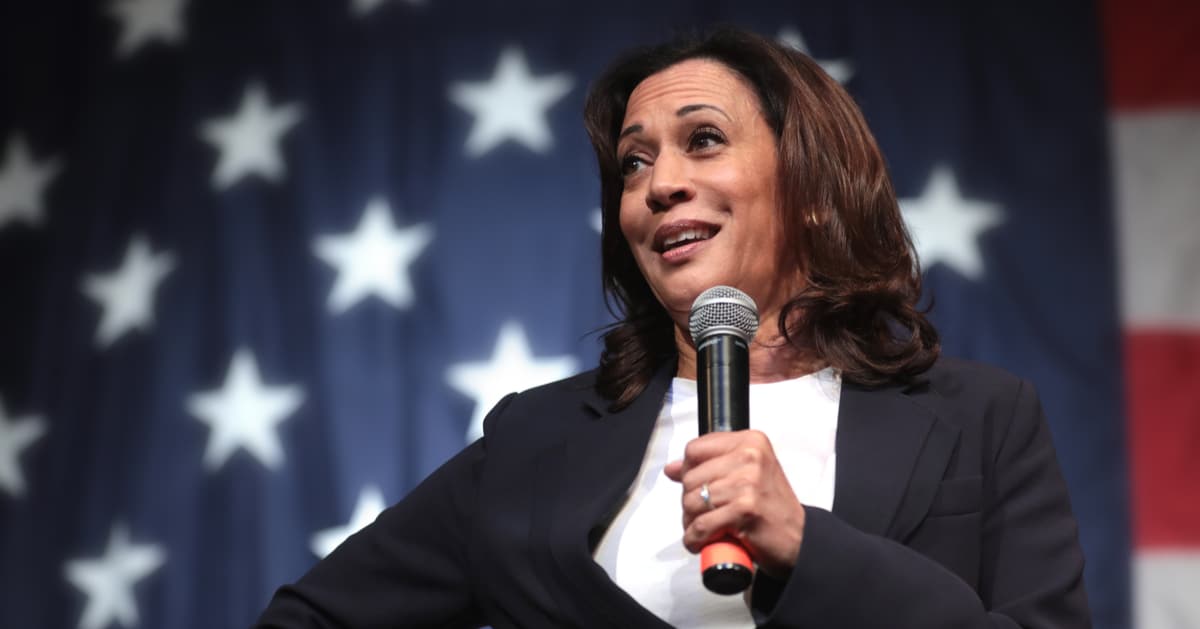They claim that the administration obstructed FBI efforts to arrest individuals linked to Iran's nuclear and missile programs. This purported interference was allegedly aimed at smoothing the process of the Iran nuclear deal negotiations.
These claims, backed by whistleblower information and substantiated through unclassified FBI emails, suggest that the administration prioritized diplomatic relations over national security during this critical period.
The senators disclosed these allegations by presenting evidence including FBI emails, which were shared with high-profile figures such as Secretary of State Antony Blinken, FBI Director Christopher Wray, and Attorney General Merrick Garland. This step underscores the seriousness of the allegations and the senators’ intent to seek accountability.
Details from FBI Communications
Unclassified emails from the FBI paint a picture of the internal frustrations agents experienced due to these alleged interventions. In one instance, a counterintelligence division agent expressed significant frustration in July 2015, being compelled to "stand down on a sure arrest" due to political pressures.
Such interventions, according to the agents' communications, were directly influenced by the State Department's decisions during the negotiations with Iran.
The emails reveal that at least eight cases were hindered due to these interventions, with agents clearly instructed to delay actions until the conclusion of U.S.-Iran negotiations. This situation left many within the FBI disheartened, as they believed it compromised their ability to perform law-enforcement activities effectively.
One particular email stressed the difficulty in pausing operations that involved potential arrests of individuals on the Terrorism Watch List, highlighting a case in July 2015 when an arrest opportunity was lost because the State Department intervened while the subject was mid-flight to the USA.
The accusations assert that the State Department, then under the leadership of John Kerry, exerted significant influence to delay or prevent the FBI from carrying out arrests of individuals associated with Iran’s nuclear and missile endeavors.
Senators Grassley and Johnson have claimed that these actions not only undermined the FBI's law enforcement efforts but also posed risks to national security.
This interference reportedly occurred during a sensitive time when the Obama administration was negotiating the Joint Comprehensive Plan of Action (JCPOA), commonly known as the Iran nuclear deal, which was finalized in 2015 but later discontinued by President Trump in 2018.
The senators have been vocal in their criticism of the DOJ and FBI leadership at the time for not standing against the interference from Secretary Kerry, suggesting a failure within the agencies to uphold their independent law enforcement mandates.
In light of their findings, Senators Grassley and Johnson have called for further investigations into the matter. They have requested additional records from several current and former officials by June 4, signaling their commitment to delve deeper into this controversy.
The implications of these allegations could be significant, potentially impacting perceptions of diplomatic ethical practices and law enforcement independence during the Obama administration’s tenure.
In their statements, the senators emphasized the need to understand fully how such decisions were made at the State Department and the overall influence of diplomatic objectives over national security imperatives during this period.
Investigating the Intersection of Diplomacy and Security
The unfolding of this investigation is expected to cast a fresh light on the complexities and challenges of balancing diplomatic initiatives with national security concerns. As the Senate looks to uncover more details, it raises fundamental questions about the compromises made in international negotiations and their long-term effects on the integrity and efficacy of U.S. law enforcement agencies.
This issue underscores the delicate balance between achieving diplomatic goals and maintaining robust national security protocols, a subject that remains relevant in current global politics.
As the Senators continue to push for transparency and accountability, the outcome of this inquiry may lead to significant revelations about the conduct of foreign policy and its ramifications on national security.








